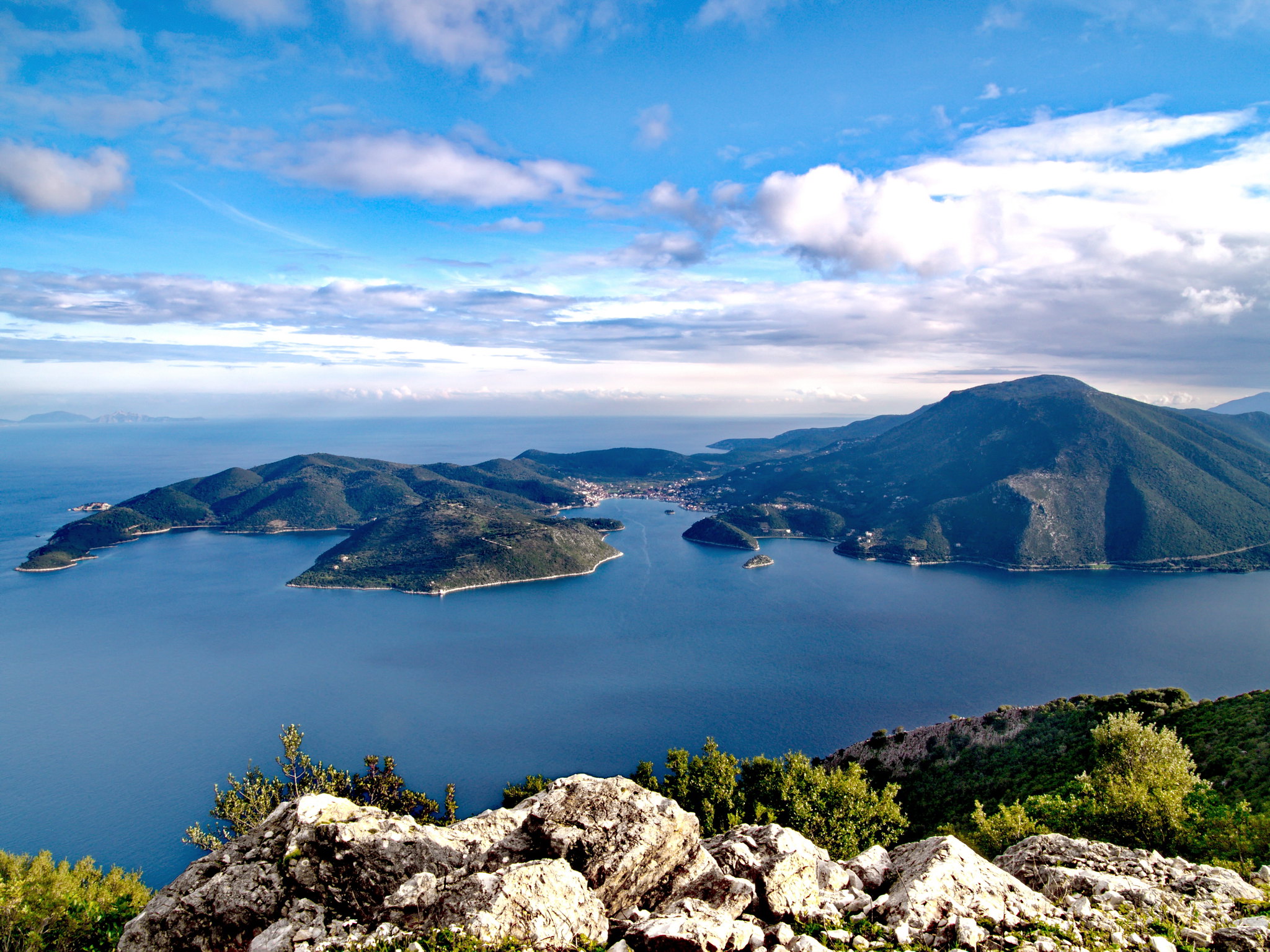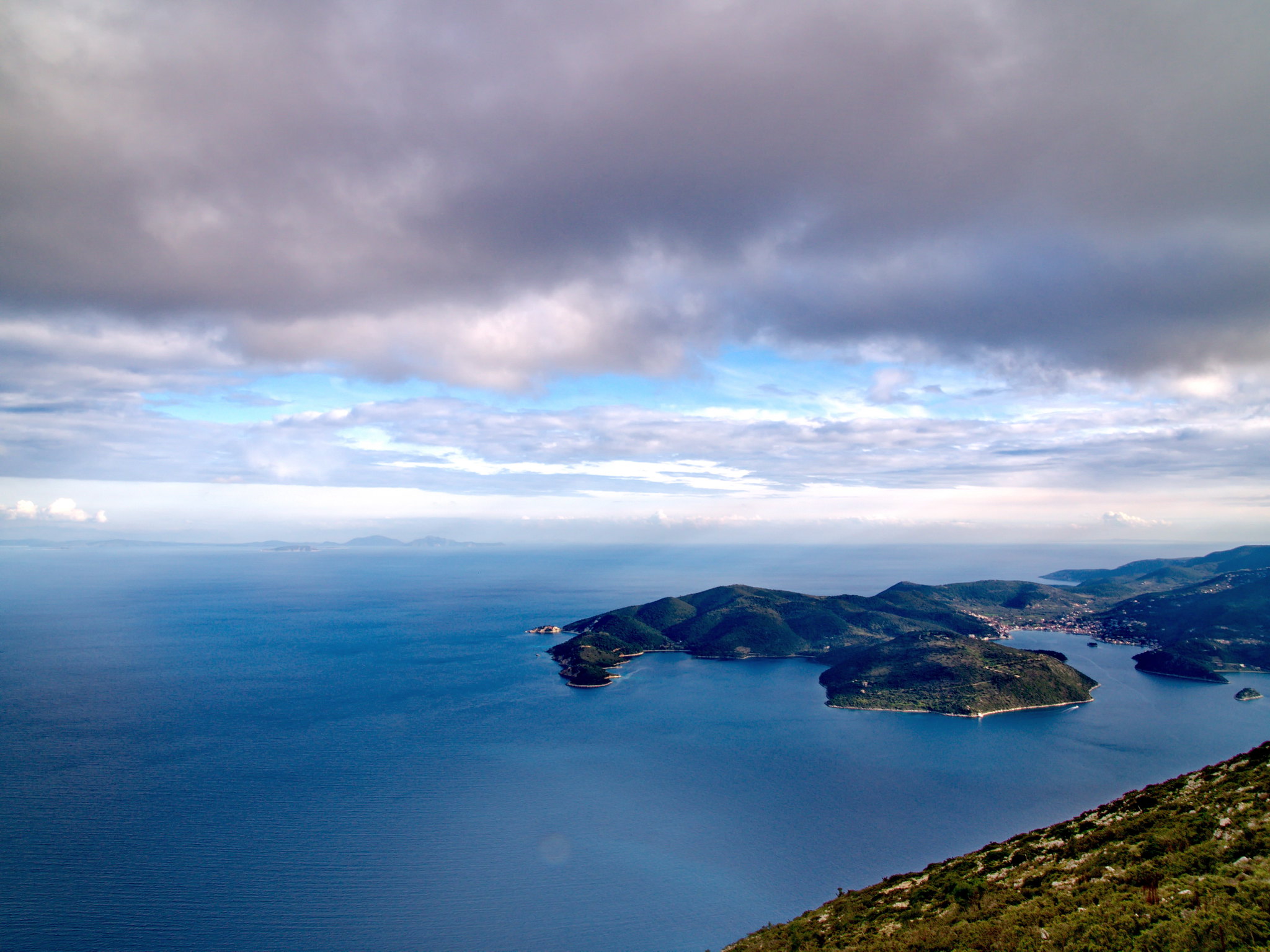From Around The Web: 20 Fabulous Infographics About Ithaca Greece
The Odyssey is a tale of Bronze Age Greece as seen from the eyes of the Dark Age author Homer. From historic sources we see the Bronze Age cities as undoubtedly run by some type of powerful hierarchy that can direct the efforts of its people and collect both taxes and resources, but what we see in the Odyssey is a collection of town chieftains forming a confederation of nobles. Regardless of the splendour of their palaces, and their god-like tasks of heroism, in all methods they represent a gilded variation of the Homeric chieftain who leads with the approval of the region in which he lives in an effort to sustain and provide prosperity for his individuals.
Broadly stated the role of a king in Homeric society is to safeguard and provide for individuals of his region. In addition to holding a considerable estate from which one can yield much livestock and agricultural crop, this was a time where piracy was a normal incident from which one may acquire great wealth and in turn would need to protect ones self and ones village versus. Whenever a stranger appears in the Odyssey he is frequently first asked his parents names, from where he comes, and if he is a raider. For instance, when Telemachus gets here in Pylos he is asked this question and takes no offense however answers it directly (Odyssey. P. 27 b. 3), and we also see Odysseus throughout his informing of his journey because Troy to the Phaecians and without hesitation he explains the sacking of a city purely for the reason of loot. This is the primary role of the Homeric king, though likewise he is to act as the administrative head of the neighborhood, satisfying any commitments such involved in preserving the general public order.
One thing that needs to be understood about kings in the impressive poems is that Homer is speaking about kings of a different era where there existed big cities, multi-acre palaces, and real kingdoms deserving of the name, while using the governmental and social structure of his own Dark Age, which indicate that villages were the biggest settlements, there were no palaces, and the most powerful male in Greece would just be another chieftain. Without a substantial population to draw on for material resources and labor it is merely not possible to develop and support a palace run hierarchical federal government, and severely limits the possible power one might have as a 'king'. A king might have the biggest plot of land, a slightly larger house, and more cattle, but without some type of stockpiled resource wealth, and military power the king is left judgment by the authority of his people.

Thus, Homeric kings were not all powerful and we discover lots of examples of this in Homeric epics where we can see that a Homeric king is unable to command another guy who is not his residential or commercial property. The only genuine bonds we see are those, which are developed by family ties, and honor based relationships. In the Odyssey we see Agamemnon, who was viewed as a king of greater status than the rest, speak of how tough it was to convince Odysseus to come with him to Troy (Odyssey 296.24), and during the real fight at Troy we see Agamemnon act unreasonably towards Achilles at which point Achilles decides he will not take Agamemnon's orders any longer and declines to combat (Iliad 13-17.1).

The Homeric king is often the child of the previous king, however does not follow a hereditary line by necessity. A son will acquire his fathers material resources which in itself offers him substantial impact and capability to install attacks on other settlements and defend his own. In ancient Greece ones status was most quickly evaluated by the quantity of wealth one had, since wealth was acquired by being able to marshal the funds and assistance to phase raids and loot other towns, and will have the resources to safeguard his own village, and feed the warriors he utilizes for these actions.
In addition to things to do in ithaca this material wealth a child likewise inherits the relationships and bonds of his dad. These relationships guarantees him a support base of allies that might be willing to lend him resources ought to he attempt to gather a raid on another village, such as the attack on Troy which collects forces from all over Greece including Nestor at Pylos, and Odysseus from Ithaca, or aid in the defense of his own holdings. Should a brand-new king be discovered doing not have and incapable of sustaining and defending his town, he will be changed by another more fitting individual. In the Odyssey Telemachus is to be the next king of Ithaca with the lack of his daddy and the suitors think that they will replace him rather up until he proves his capability as a leader when he makes an exploration to Pylos and Sparta. By effectively finishing this expedition he is thought well of by those of Ithaca, and with the inherited wealth of his father Odysseus, and the inherited relationships with Nestor of Pylos, Menelaus of Sparta, and lots of others in Ithaca (Odyssey 27.2, 39.4) he remains in a position to become and remain king. Without these connections, nevertheless, a ruler is seriously compromised for he has no support and diminished resources to meet his function. The majority of the Odyssey is based upon Telemachus' failure to repel the wicked suitors who are laying mess up to his estates, and undoubtedly to Ithaca itself, due to his absence of offered supporting allies (Odyssey 42.4).
Even with the assistance of others a Homeric king is not the only voice of authority in an area. There is typically a council of nobles and seniors, which the king might present concepts to and ask for approval or assistance on, which they may turn down. When Telemachus convenes the council of Ithaca and provides his speech he is mainly yelled at and rejected (Odyssey 15-20.2), while Alcinos, king of the Phaecians, makes on several occasions a demand of his nobles and senior citizens and they follow it instantly (Odyssey 159.13). Even among those who are not nobles ithaca greece a king needs to give in to the voice of the numerous, such as we see by Odysseus when he prompts his men to stay on board the ship rather of producing land one ithaca in greece night to cook and he acknowledges that he is one, and they are many, and he can not decline them (Odyssey 154.12).
